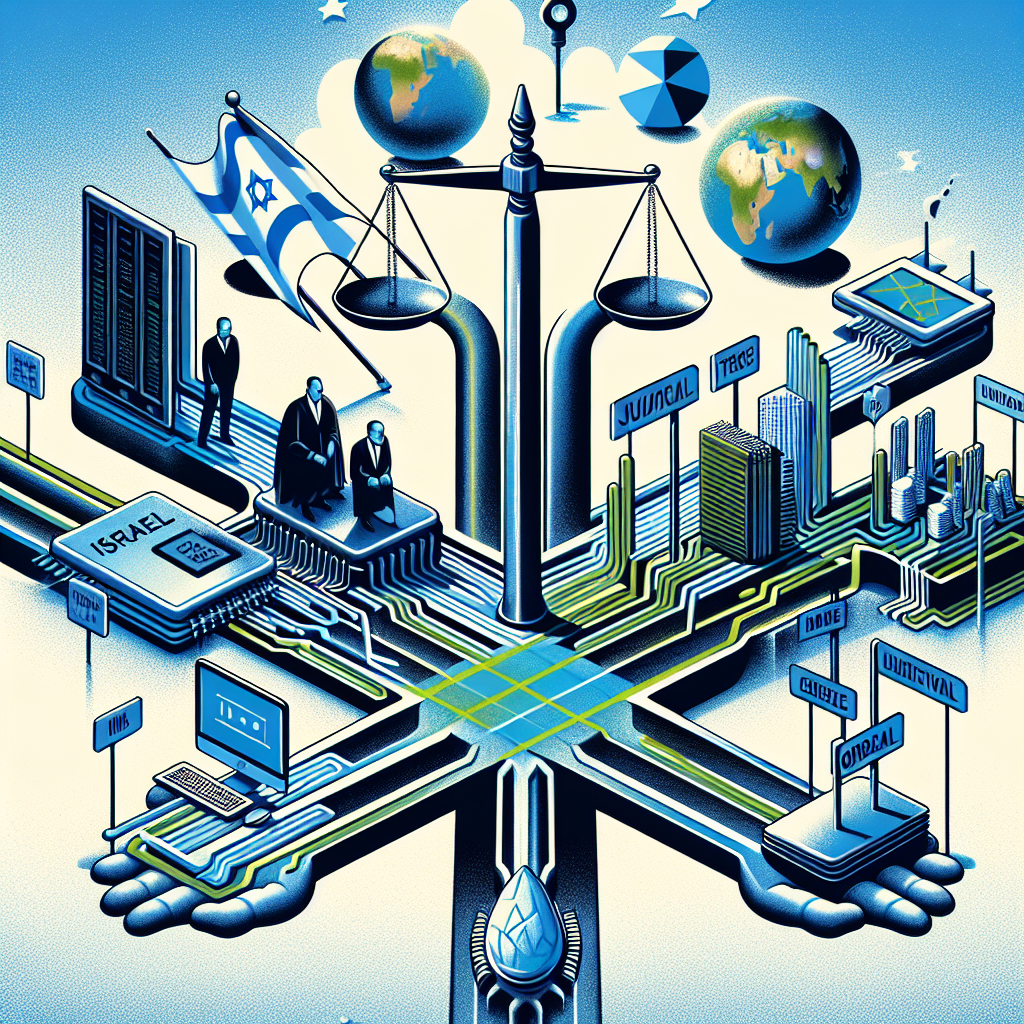Israel’s burgeoning technology sector, long celebrated as a beacon of innovation, could soon face significant hurdles in its operations, with implications for global markets as well. According to a report by CTech, the government of Prime Minister Benjamin Netanyahu is pushing forward legislation that could profoundly impact Israel’s judicial system. Specifically, the proposed changes aim to limit the power of the Supreme Court, increasing political control over judicial appointments. This move has sparked widespread concern among tech leaders and investors about the potential erosion of democratic checks and balances and the rule of law in Israel.
The legislation forms part of a broader judicial overhaul proposed by Justice Minister Yariv Levin, a close ally of Netanyahu, who is currently on trial for corruption charges, including fraud and bribery. The reforms have ignited one of the largest protest movements in the country’s history, with tens of thousands of Israelis taking to the streets, including a significant number from the tech industry.
The concerns expressed by the tech community are not just ideological but also practical. The sector, which accounts for about 10% of the country’s workforce and more than 25% of Israel’s total tax revenue, thrives on an ecosystem built around transparency, rule of law, and stability. Any perception of judicial partisanship or corruption could deter foreign investment, which is crucial for the startups and tech giants alike. Furthermore, the free flow of international talent, essential for Israel’s tech success, could also be stifed if potential employees are concerned about a deterioration in democratic governance.
Eran Wagner, a general partner at Ibex Investors and a participant in the tech protests, pointed out the fundamental need for legal certainty and the importance of having a reliable judicial system to the functioning of democratic states. His views are widely echoed by other industry leaders, who warn that the judicial changes could undermine Israel’s status as a leading tech hub.
Moreover, the proposed reforms could potentially impact specific business functions within the tech sector. For example, contract enforcement and intellectual property rights, both judicial functions, are critical in tech operations and investments. Any loss of confidence in these areas might make Israel a less attractive market for international and local players.
While proponents of the changes argue that reform is necessary to balance the powers of the branches of government, opponents believe such measures should be approached with great caution and broad consensus, particularly given their far-reaching implications.
As the situation develops, the international community and potential investors are keeping a watchful eye. The outcome of these reforms has far-reaching implications that go beyond Israel’s borders, affecting not only its economic landscape but also its international relationships and democratic identity. With so much at stake, the world is watching to see how one of the most dynamic tech landscapes manages this critical juncture in its political and economic history.



